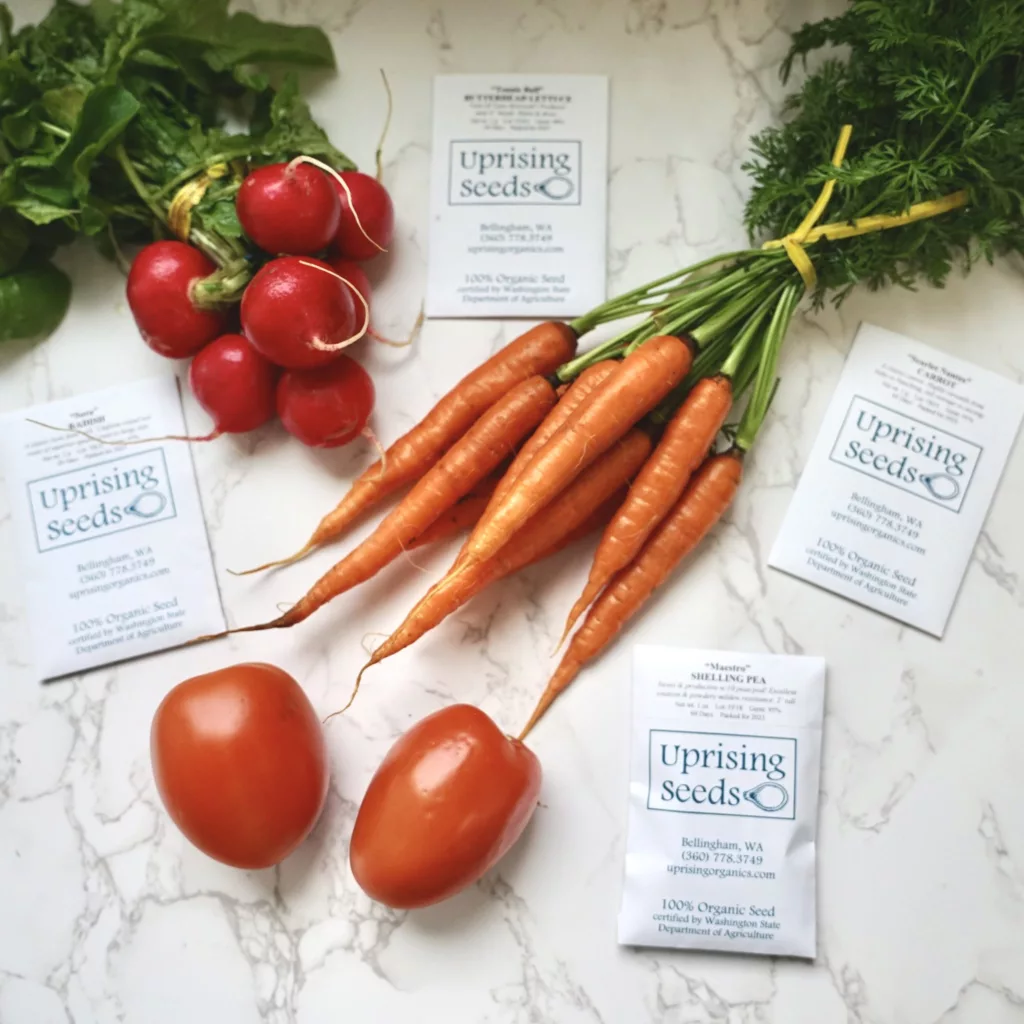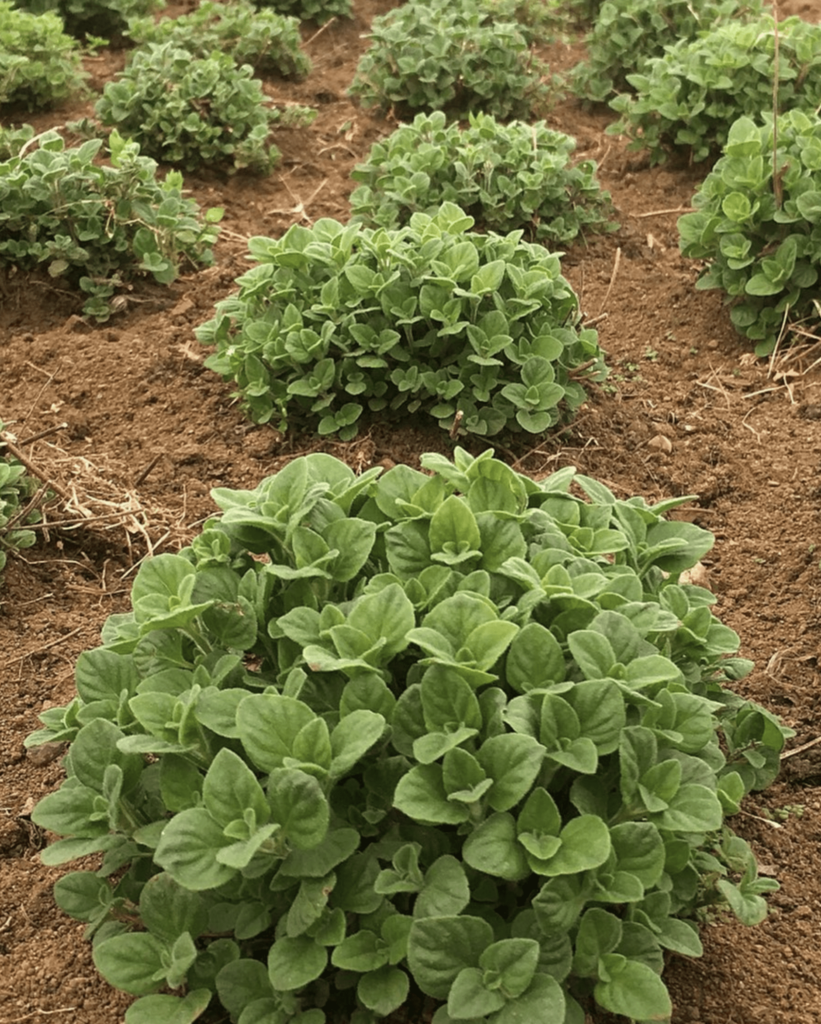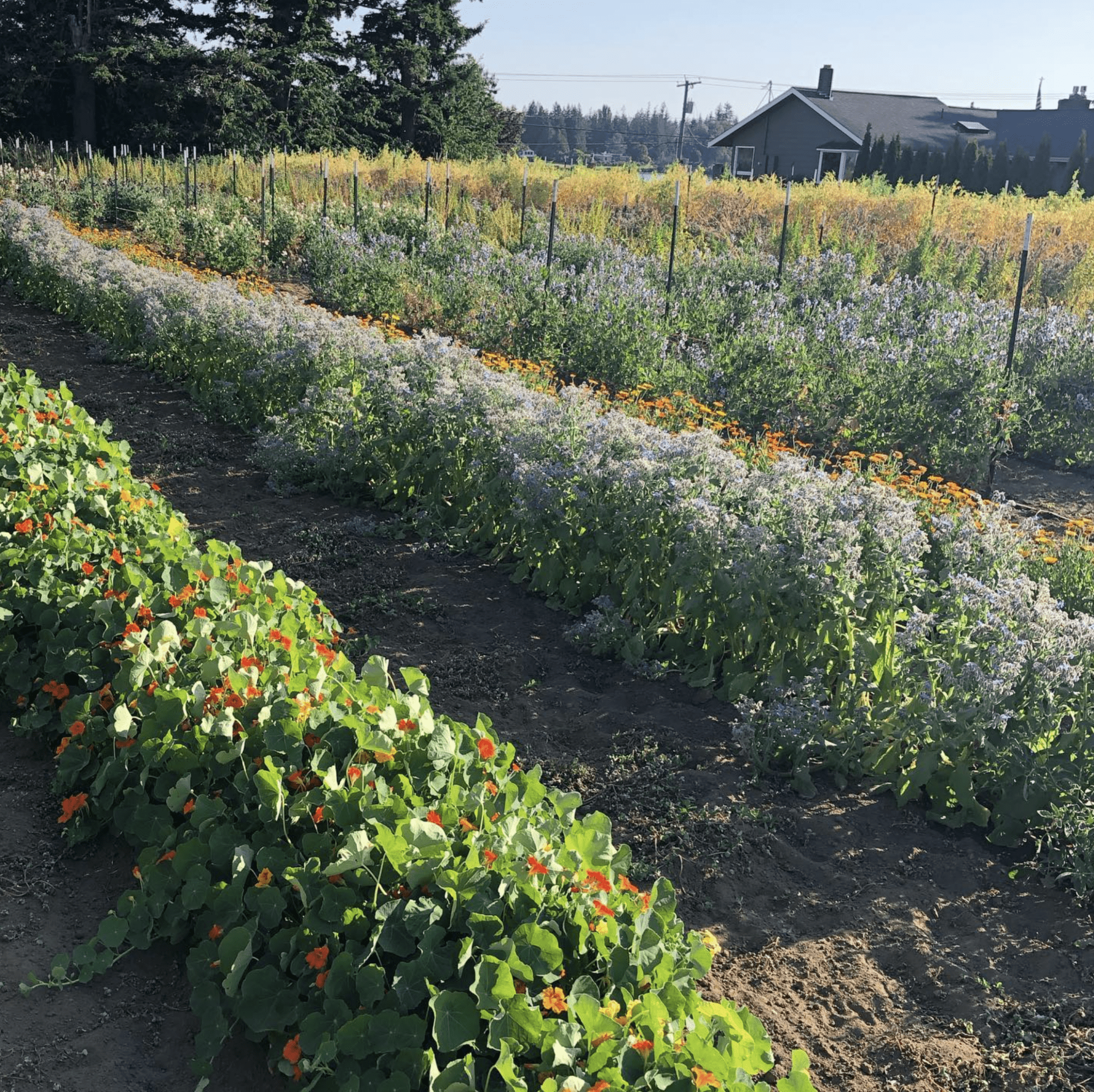It may seem chilly in the Pacific Northwest but spring starts in a matter of weeks. Time to prepare your garden! Luckily, the Community Food Co-op has your essential gardening tips and tricks to get you ready.
Getting Ready for Spring
Step 1: Clean your annual flower beds and vegetable beds. This means pulling any dead annual plants, removing dead growth, pulling weeds, and revitalizing your mulch and soil. This is also a great time to edge your garden beds, reducing overgrowth into your garden.
Step 2: Start some Uprising Seeds indoors. Onions in particular do well when started indoors in February and March. A few others that do well indoors are parsley, summer cabbage, tomatoes, and peppers. Indoor planting kits can be found in our produce sections. Our go-to list for planting times is Uprising Seeds’ Maritime Northwest planting guide.
Step 3: Plant bare-root roses and fruit trees, and finish pruning existing rose bushes and fruit trees. By pruning your plants while they are still dormant, they can focus on creating new, healthy growth once the warm weather arrives.
Step 4: Once you’ve pruned, use a dormant spray on roses and fruit trees. Dormant spray will save you from a bug infestation in mid-spring or even later in the season. This is just one effective way to protect your plants from overwintering pests such as larvae!
Step 5: Harvest cool-season vegetables before they bolt! Keep an eye on the temperature. If we have a sudden rise in heat, your cool-season crops may not make it.
Step 6: Transfer any tubers or corms you’ve stored into pots. It is least disruptive to your plants to transfer them while they are still tubers or corms, before they bloom. Then, you can water them occasionally and wait for them to bloom in the spring.
Step 7: Start dividing your perennials. Before dividing your perennials, ensure the plants are well watered. Then, shake off any excess soil on the roots and pull or cut the plant to divide it. Finally, replant each section. One rule of thumb is to divide your perennials every three years. By dividing your perennials, you’re allowing more space for the plant to grow and to gain nutrients.

Uprising Seeds
Uprising Seeds is a small, family-run, and certified organic seed farm. They produce over 70% of the seeds they sell at their home farm, Uprising Organics, just north of Bellingham. The remainder of their varieties are sourced from family farms in Washington, Oregon, California, and Idaho.
Uprising Seeds’ ideal vision of seed sustainability involves farmers and gardeners as the stewards of the varieties that they depend on. They are committed to strengthening the public commons of seed genetics by working to preserve and improve open-pollinated varieties keeping biodiversity strong through adaptability and resilience. Support this local brand today at the Co-op!

